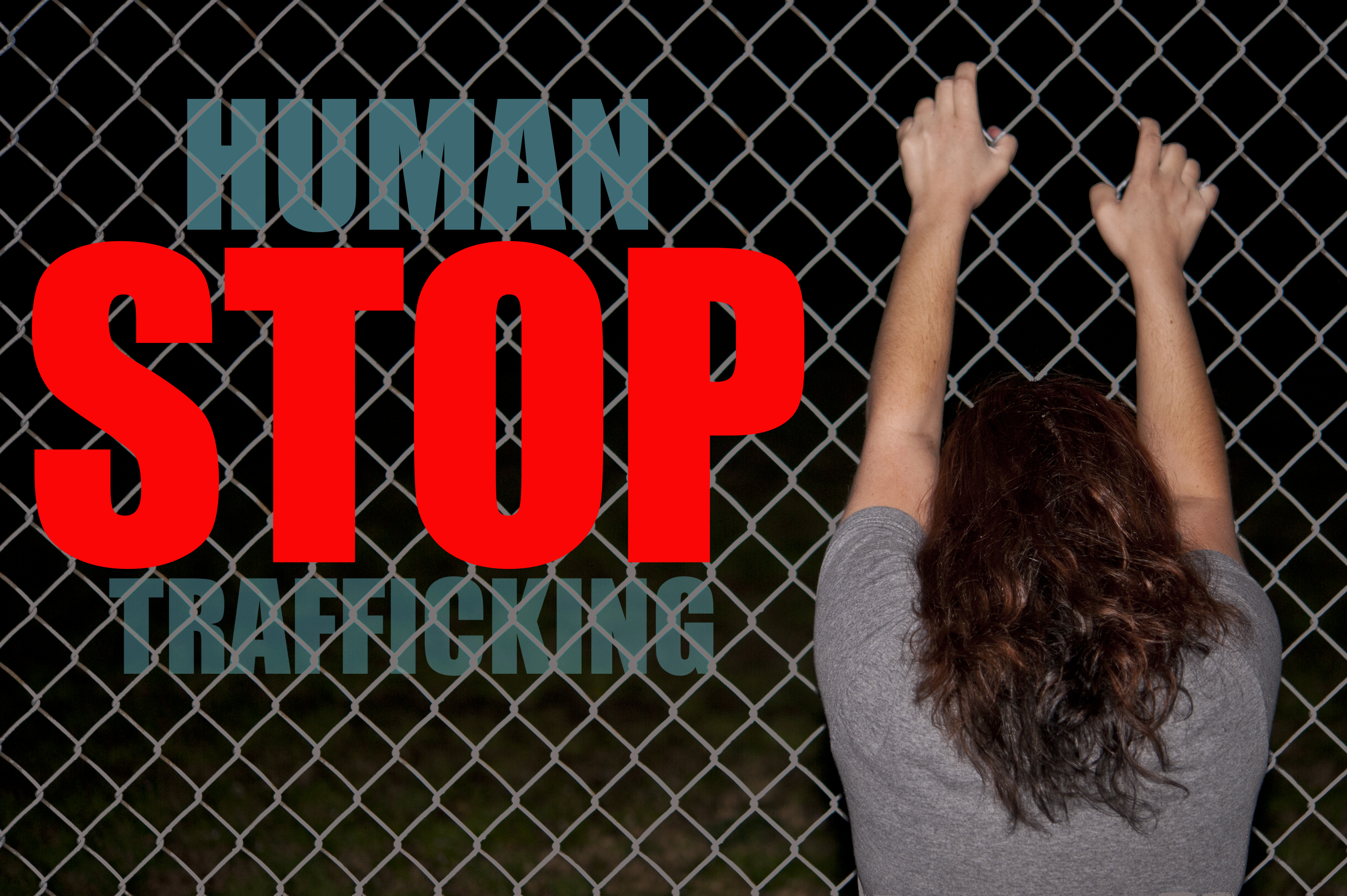Views expressed in opinion columns are the author’s own.
While our federal legislature continues to self-cannibalize old bills and stymie significant new ones, Washington, D.C., has been circulating a decisive, progressive proposal.
Council member David Grosso introduced a bill to decriminalize sex work in the city, which is a refreshing approach to a persistent urban problem. If this passes, Washington, D.C., would be the first jurisdiction in the country to legitimize prostitution.
However, the sex work industry is firmly tied to the exploitation of its workers, who are often trafficked or forced to work in unsafe conditions. If we want to help sex workers, this bill isn’t enough. We need a stronger approach that addresses the dangers of this industry rather than legitimizing them.
The bill seeks to repeal old legislation against “pandering,” the act of “inducing or compelling an individual to engage in prostitution.” This removes criminal penalties for both sex workers and their customers, but it also allows for pimping. While Grosso may seek to maintain the industry status quo — decriminalizing something doesn’t bring all the regulation and structure that come with legalization — there’s no reason to perpetuate the unhealthy power dynamic between pimps and sex workers.
These relationships are frequently abusive and primarily empower the pimp, who often coerces workers to sell their bodies via violence, threats and lies. Pimping is mainly fueled by the desire for profit and can easily lead to human rights violations — and it’s already historically linked to human trafficking and the exploitation of minors. Individuals should be allowed to make the independent decision to engage in sex work to support themselves, but being someone else’s product shouldn’t even be a possibility.
Although decriminalization would allow sex workers to report incidents to the police without consequences, sex work in D.C. is already pervasive and exploitative. D.C. lawmakers have to actively disrupt this underground subculture if they want to open up the sex trade while making it safer.
Other countries are struggling with their own prostitution laws. Several European countries have legalized aspects of the sex trade and seen the consequences of insufficient foresight. Germany, for example, has allowed prostitution but poorly regulates its brothels. As a result, it has become a hub of human trafficking — from 2010 to 2013, there were 18 percent more victims of trafficking but 13 percent fewer convictions. Law enforcement is too overwhelmed to effectively respond to these mounting cases abroad.
There’s already a massive disparity in how various American demographic groups trust the police. Sex workers are often marginalized people who have been historically targeted and mistreated by law enforcement. It’ll take time before the police can be integrated into the sex trade, and that lag could be devastating.
Grosso’s bill is a good step toward securing the rights of sex workers, but it’s not comprehensive enough in its current form. The hidden established culture of the industry needs to be upturned for workers to actually benefit and create a sustainable framework into the future. Our legislation needs to be proactive about preventing exploitation, and it’s long overdue.
Sona Chaudhary, opinion editor, is a sophomore English and geology major. She can be reached at opinionumdbk@gmail.com.



